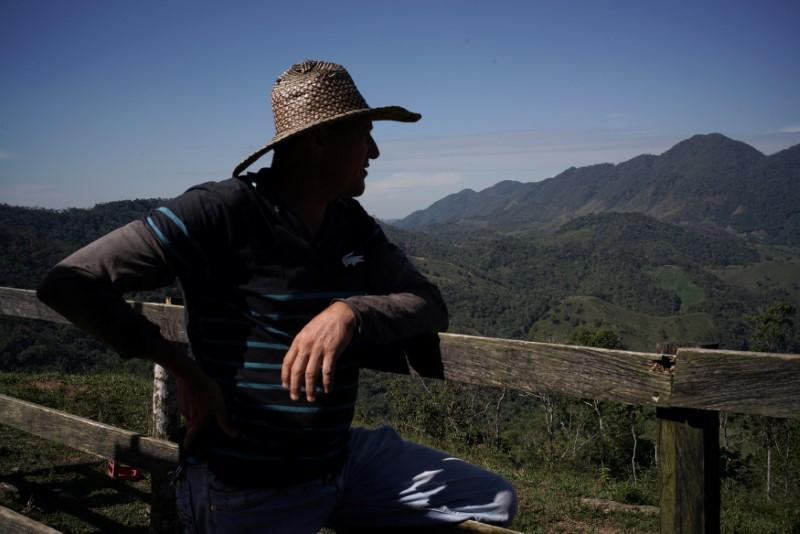SAN CARLOS, Colombia—Farmers who fled war in the Colombian Andes are returning to revive their abandoned land, cultivating coffee trees that are boosting global supplies of the highest-quality beans.
Colombia’s five-decade civil war, the longest in the Americas, displaced millions and disrupted farming for decades in areas that produce coffee for the most exacting consumer.





